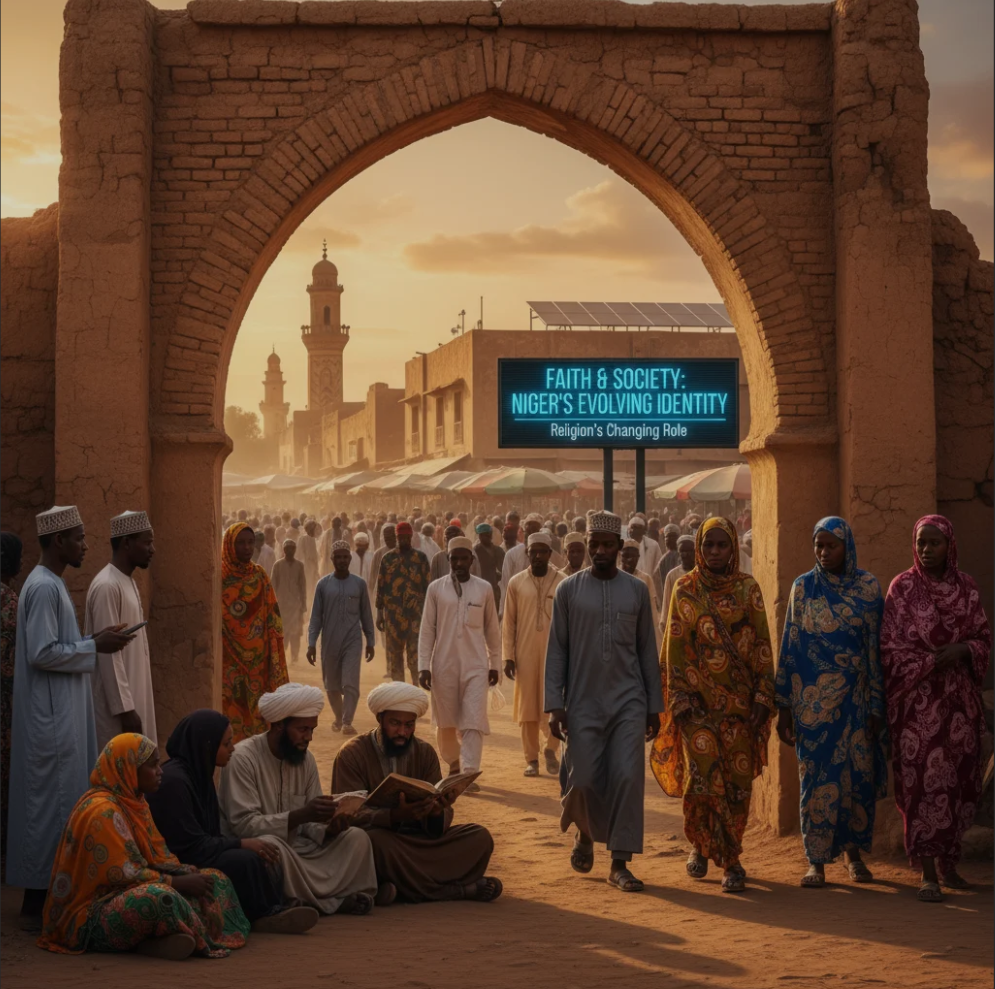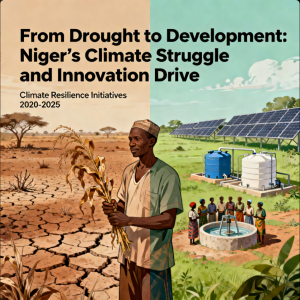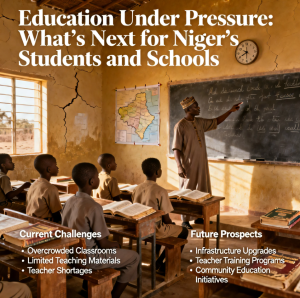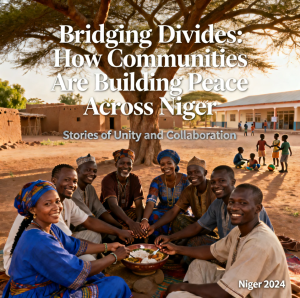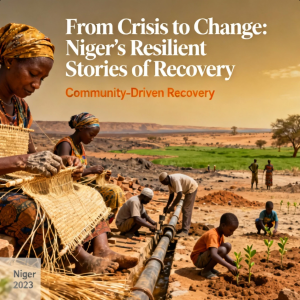Religion has always been one of the most powerful threads woven into Niger’s national fabric. In cities like Niamey and Agadez and across rural regions, faith influences values, traditions, and the rhythm of daily life. Yet as the country modernizes and navigates social and political change, the role of religion is evolving in ways that continue to shape Niger’s identity.
📜 A Historical Foundation That Still Guides Daily Life
Islam has been central to Niger’s cultural development for centuries.
It shaped early trade routes, guided community laws, and influenced social norms. Even today:
- Local customs often blend with Islamic principles
- Religious education remains a cornerstone of learning
- Festivals and communal prayers strengthen social unity
Faith remains both a spiritual anchor and a cultural compass.
🕌 Religion as a Source of Social Stability
In many communities, religious leaders serve as trusted guides:
- Mediating conflicts
- Supporting community decisions
- Helping preserve cultural traditions
- Providing moral and social direction
Their influence extends beyond spiritual matters, contributing to community resilience and social cohesion, especially in rural regions.
📚 A Growing Role in Education
From Qur’anic schools to modern institutions that integrate faith-based teachings, religion continues to shape Niger’s educational landscape.
Parents often trust religious schools for:
- Character development
- Ethical guidance
- A strong sense of community
- Accessible local education in remote areas
As Niger expands its national education system, these religious institutions remain essential pillars.
🌍 Navigating Modern Challenges
Urbanization, technology, and globalization are transforming how younger generations understand faith.
New dynamics include:
- Increased exposure to global ideas
- Rising interest in interfaith dialogue
- Shifts in youth identity and values
- Expanded conversations about women’s roles in society
Religious communities respond with a mix of tradition and adaptation, guiding Niger through a period of social evolution.
🤝 Religion and National Unity
In a country shaped by ethnic diversity and vast geography, religion often serves as a unifying element.
Shared values help strengthen:
- Community cooperation
- Inter-regional solidarity
- National identity
- Social support networks
In times of uncertainty, faith has frequently acted as a stabilizing force for the country.
🔭 The Road Ahead: Faith in a Changing Niger
As Niger continues to grow economically and socially, the role of religion will likely evolve further:
- Greater involvement in youth development
- Expanding partnerships with NGOs and community programs
- Increased emphasis on education and social services
- New interpretations of tradition shaped by younger generations
What remains constant is the central place of faith in how Niger understands itself and moves toward the future.
✅ Conclusion
Religion in Niger is far more than a belief system. It is a social foundation, a cultural guide, and a shared identity that continues to shape communities across the country.
As Niger steps forward into a new era, faith remains an essential force—quiet, steady, and deeply woven into the story of the nation.
